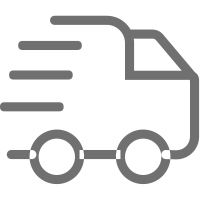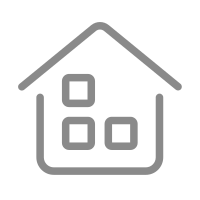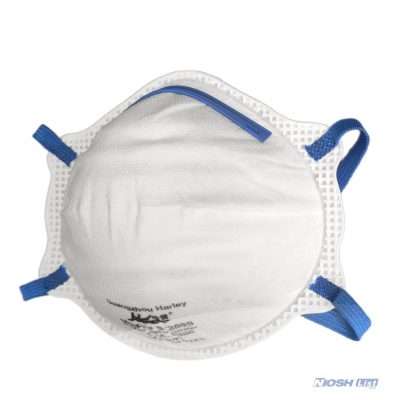Safety professionals around the world trust NIOSH N95 respirator face masks to protect them from harmful airborne particles. But do they work? How do they work? Is there anything you can do to make them work better? In this article, we’ll explore the answers to these questions and more. Read on to find out if the NIOSH N95 respirator face mask is effective and what features you should look for when choosing one!
What is a respirator face mask?
A respirator face mask is a personal protective device that is worn on the face to protect the wearer from inhaling airborne particles. The mask has a filtration system that filters out at least 95% of particles that are 0.3 microns or larger in size. The mask must fit snugly on the wearer’s face in order to be effective.
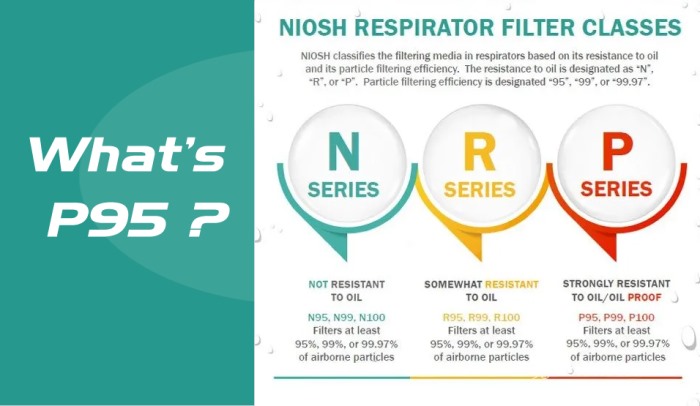
How do I know if I need one?
You might need an N95 respirator if you work in an environment where you’re exposed to dust, fumes, or other airborne particles. These masks are designed to filter out at least 95% of airborne particles, making them a good choice for protecting your lungs. If you have a health condition that makes you more susceptible to respiratory infections, you might also need an N95 mask. For example, people with asthma or COPD are at increased risk for developing pneumonia.
Do they work?
The Centers for Disease Control and Prevention (CDC) says the best way to prevent the spread of COVID-19 is to avoid close contact with people who are sick, and to practice social distancing. But what if you can’t avoid close contact? That’s where personal protective equipment (PPE) comes in. PPE includes items like gloves, face shields, and face masks. One type of face mask is the NIOSH N95 respirator.
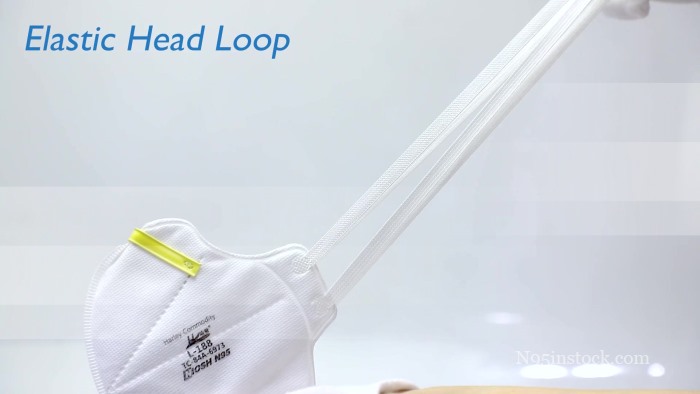
Can I use my own masks?
You can use your own masks, but they may not be as effective as the NIOSH N95 respirator face mask. The main reason for this is that the N95 mask filters out 95% of particles that are 0.3 microns or larger. Your own masks might not be able to filter out all of the particles that are this small, which means that you could still end up inhaling some harmful particles.
What can go wrong with a respirator face mask?
If a respirator face mask does not fit properly, it will not work. A poor fit can result in gaps that allow harmful particles to enter the mask, defeating its purpose. In addition, a face mask must be worn correctly to work properly. If the straps are not tight enough or if the mask is not positioned correctly over the nose and mouth, harmful particles can still enter. Finally, a respirator face mask will only work if it is made of the proper material. If the material is too thin or does not cover all of the necessary areas, it will not provide adequate protection.
What should I look for in a good respirator face mask?
When shopping for a respirator face mask, you should look for one that is certified by the National Institute for Occupational Safety and Health (NIOSH). An N95 respirator face mask filters out at least 95% of airborne particles, including large and small particles.
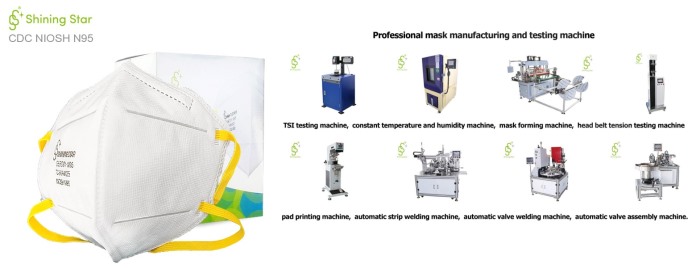
Good NIOSH N95 Masks recomendation:
NIOSH Approved Harley L-188 N95 Mask
$19.99 – $29.99
Harley L-188 N95 folding mask meets or exceeds the standards set by NIOSH to filter out at least 95% of airborne particles at a particle size of 0.3 micron. NIOSH Approval No TC-84A-6973.
NIOSH Approved Sanqi SQ100Gs Surgical N95 Mask
$17.69 – $19.89
Sanqi SQ100Gs Surgical N95 Mask is FDA-listed NIOSH Approved. Designed for clinician satisfaction across the spectrum of care. Individually wrapped for easy storage and bring out.
NIOSH Approved Fangtian FT-N040 N95 Mask
$29.99 – $39.99
Fangtian FT-N040 N95 NIOSH Mask is NIOSH approved with TC number TC-84A-7861. Folding shape for easy storage.
NIOSH Approved Benehal MS8225 N95 Mask
$17.99 – $25.99
Sanical Benehal NIOSH N95 Respirator MS8225 is NIOSH Approved N95 certified for at least 95 percent filtration efficiency against certain non-oil based particles. NIOSH Approval number is TC-84A-7447.
